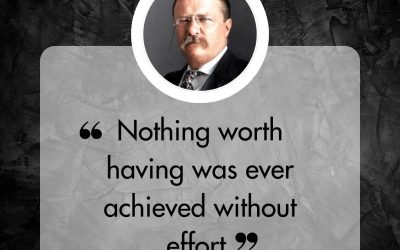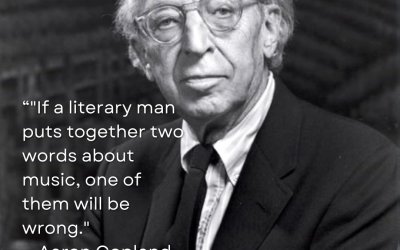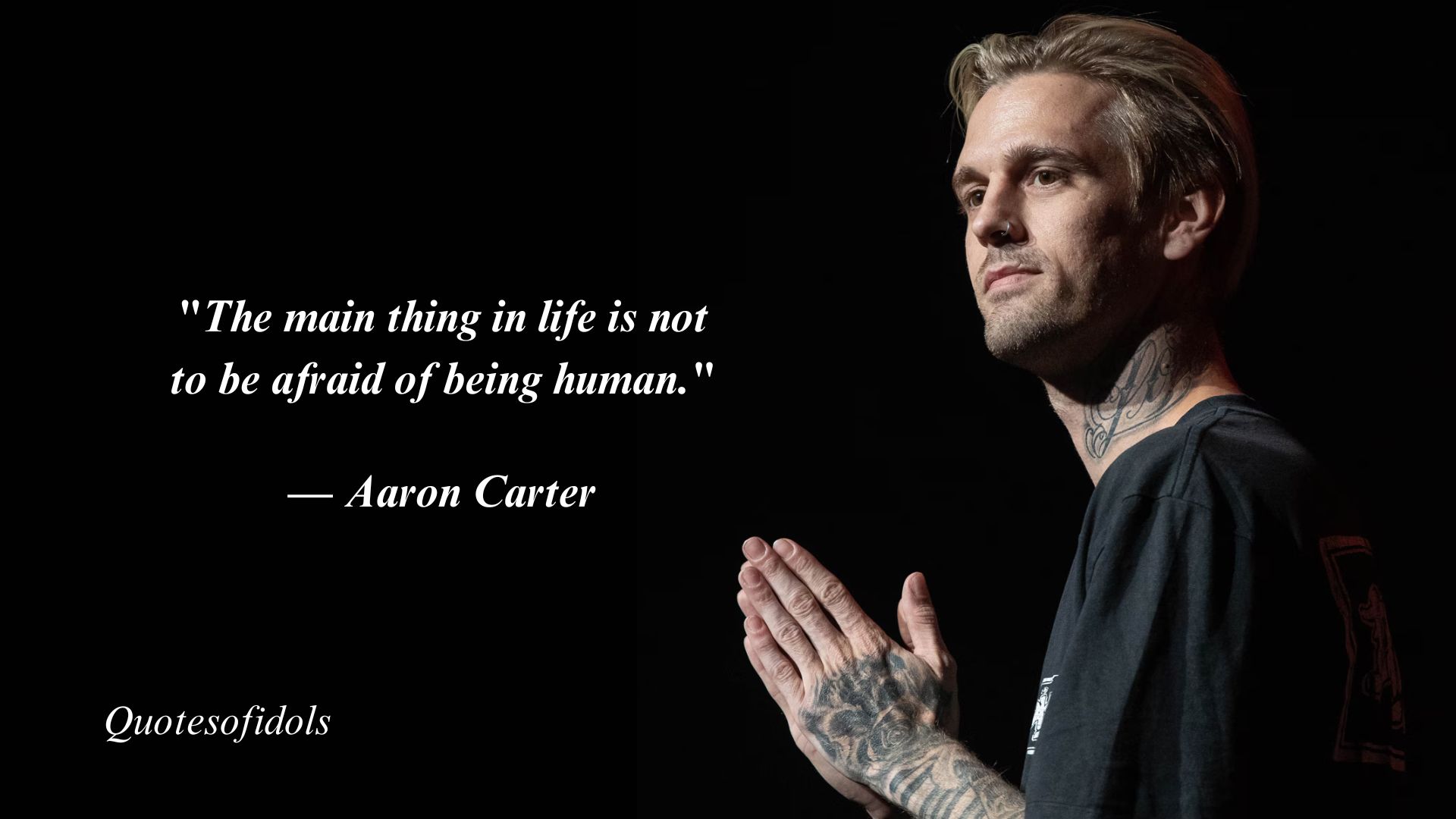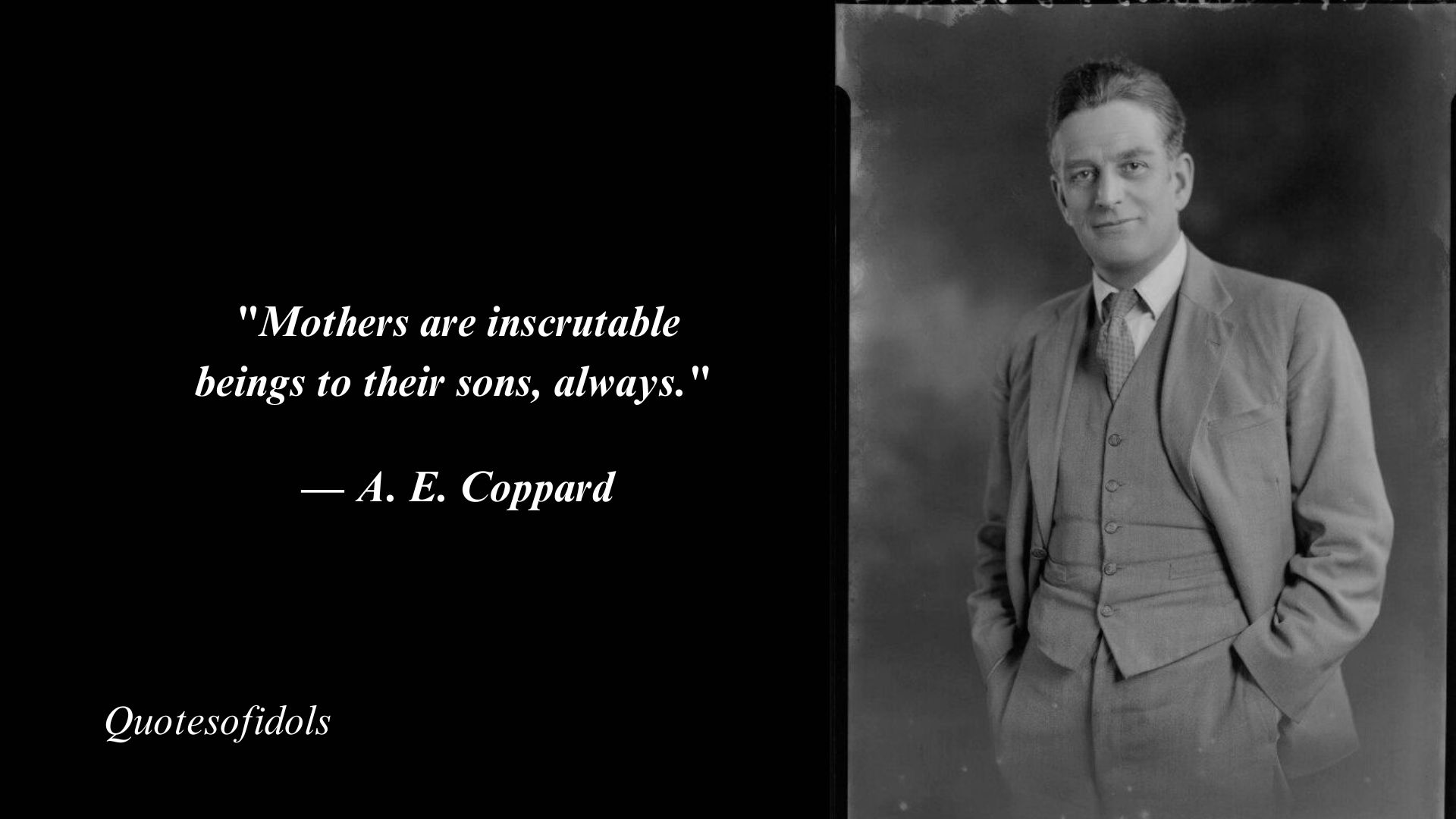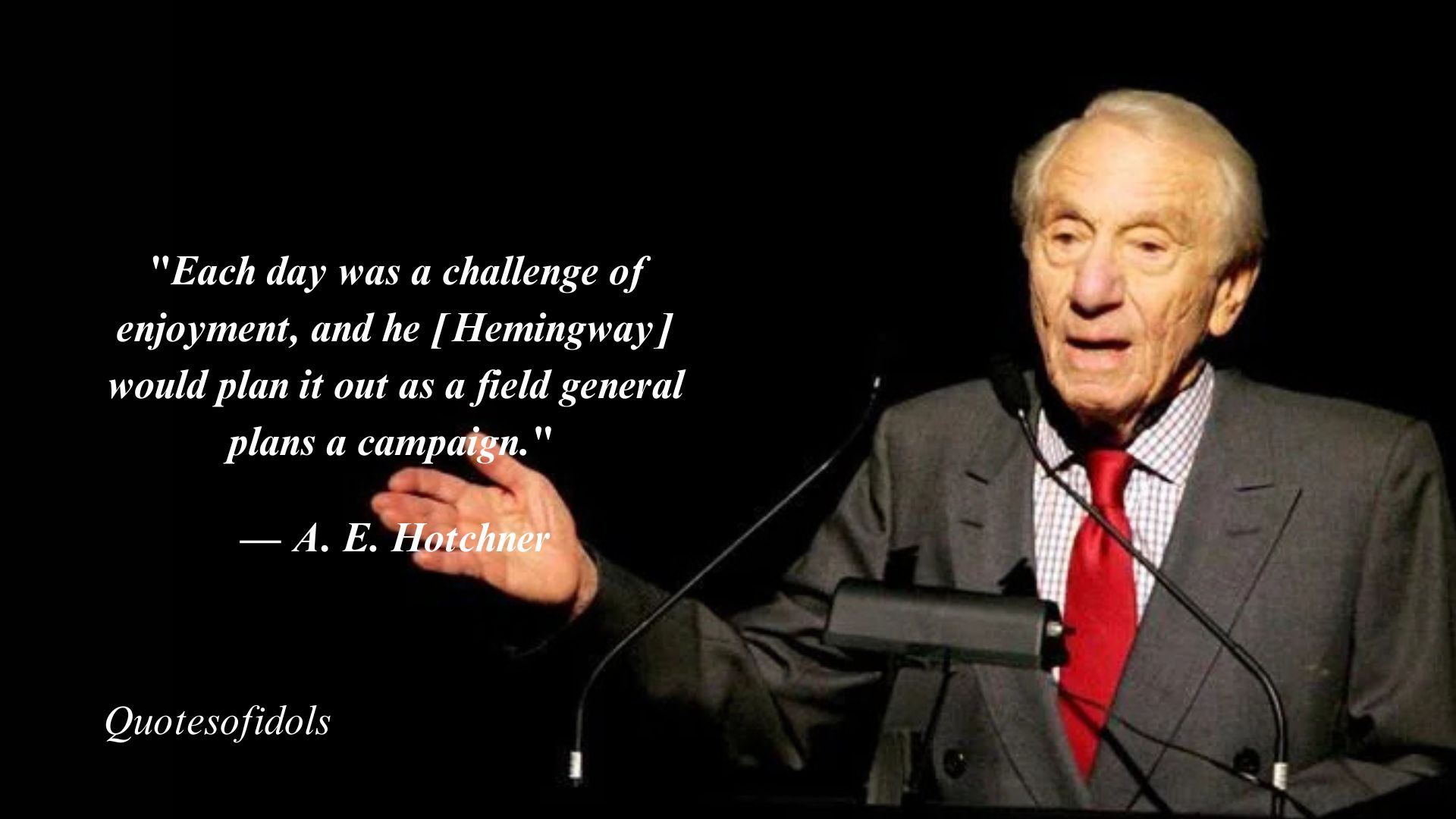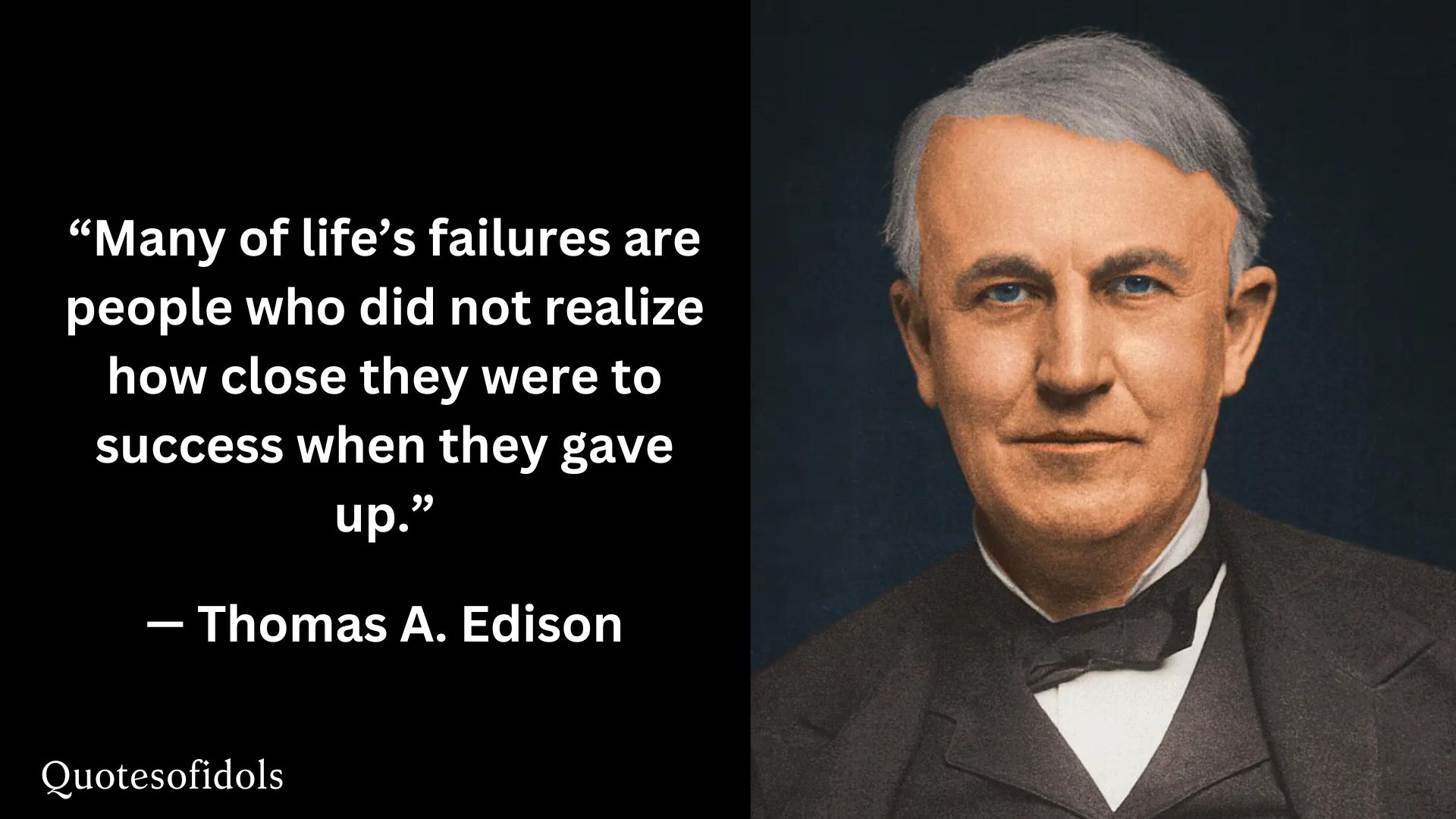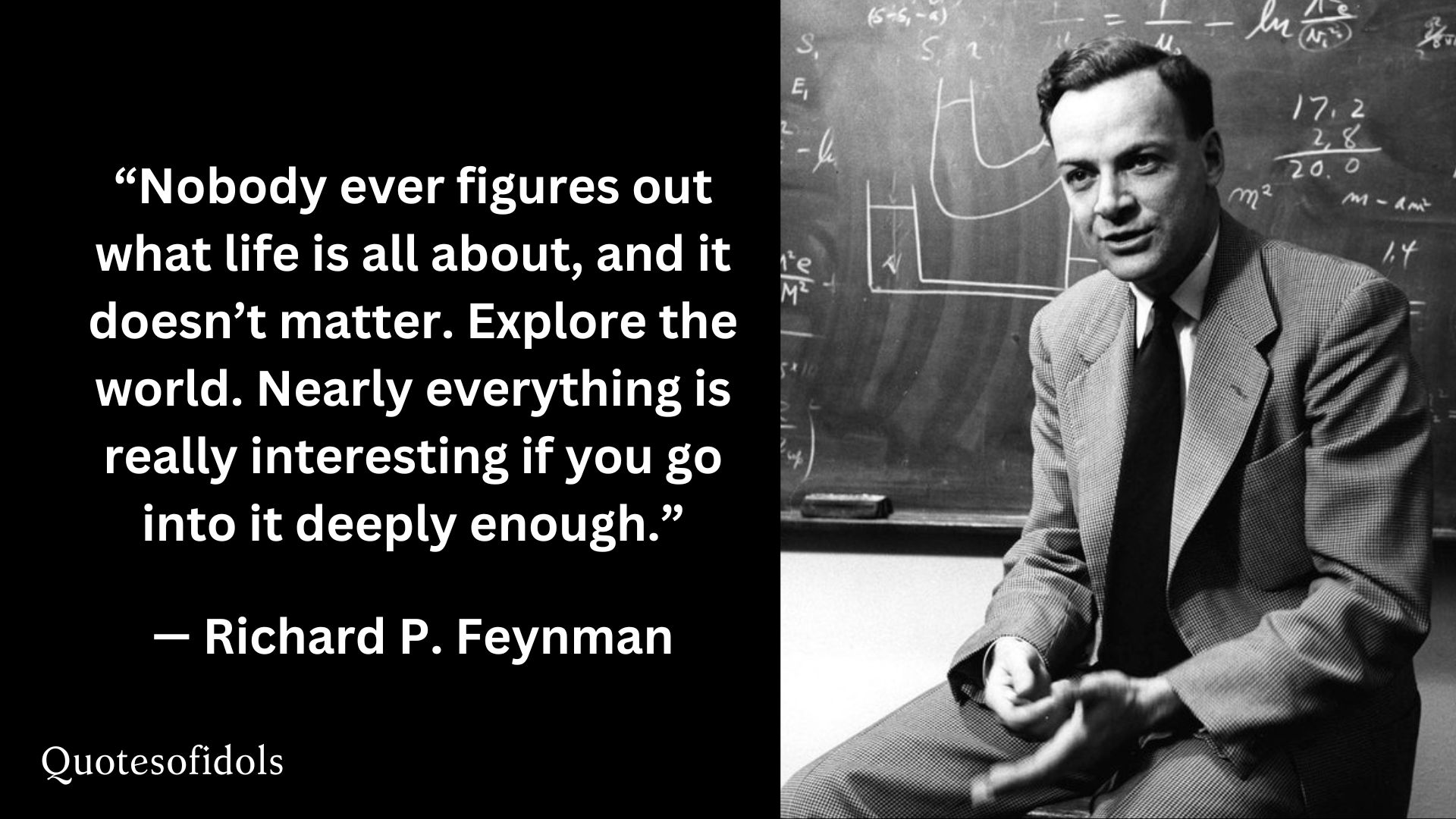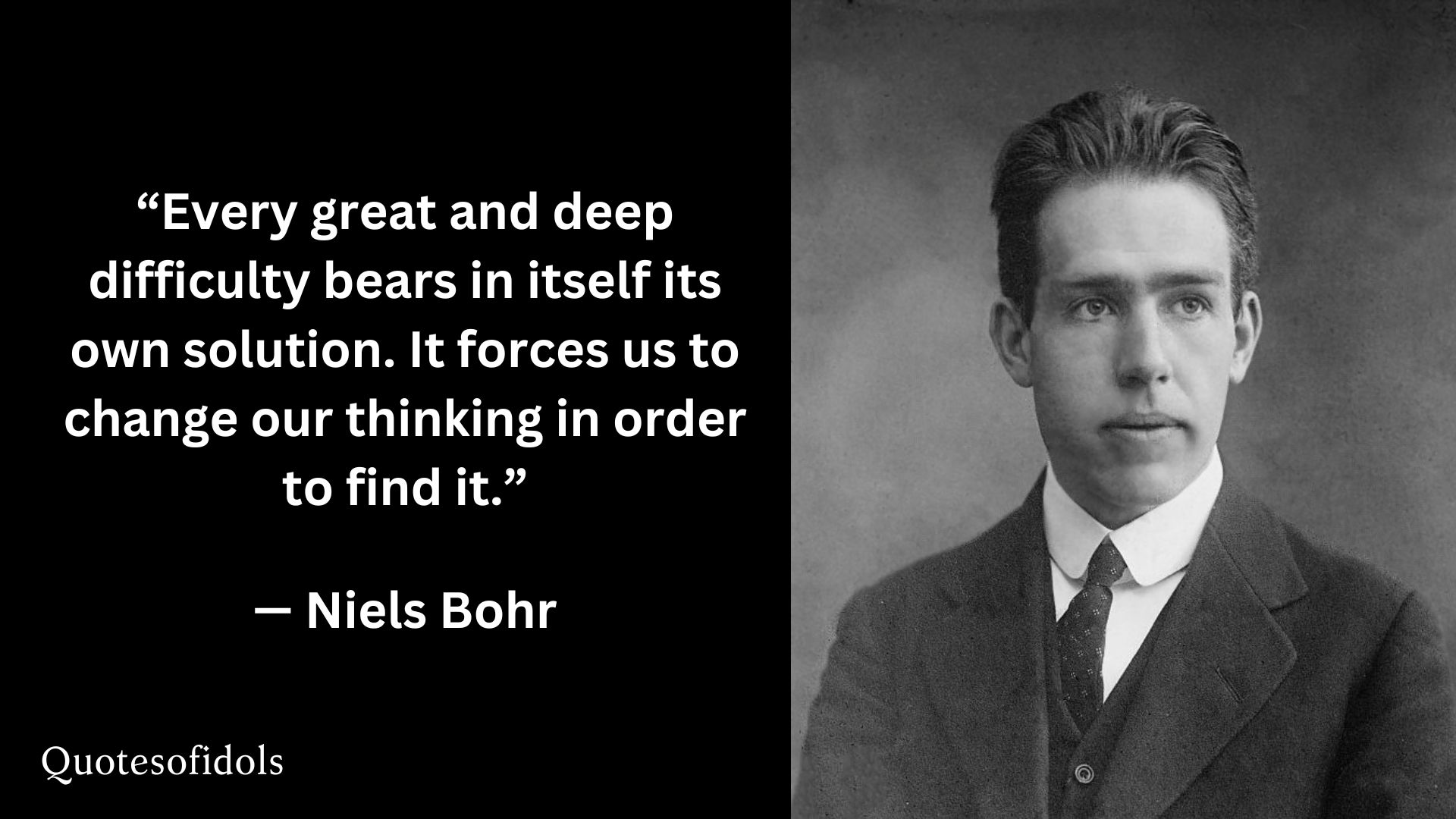All Time Famous Quotes of Aristotle
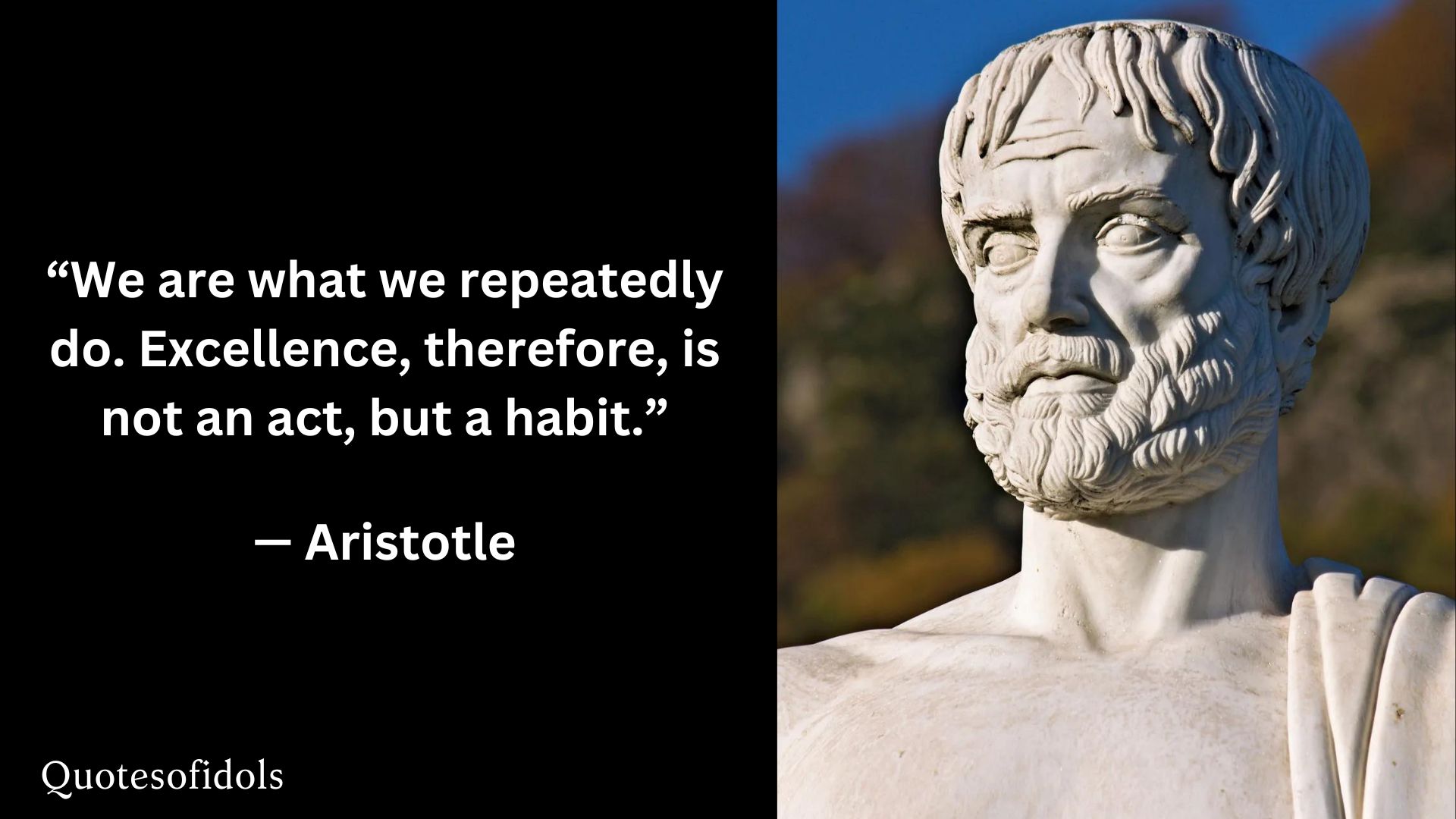
Aristotle (384-322 BC) was a Greek philosopher, scientist, and polymath. He studied under Plato and later became the tutor of Alexander the Great. Aristotle’s influence spans various fields, including philosophy, logic, ethics, politics, biology, and physics. He founded the Peripatetic school of philosophy, and his works cover diverse subjects such as metaphysics, ethics, aesthetics, politics, and biology. In metaphysics, he explored the nature of existence, causality, and substance. His logical works, particularly the Organon, laid the groundwork for formal logic. Aristotle’s ethical theory emphasized the pursuit of virtue and the golden mean. He also made significant contributions to biology, categorizing organisms and studying their anatomy and behavior. Despite some outdated ideas, Aristotle’s works remained influential throughout the Middle Ages and the Renaissance, shaping Western thought and scientific inquiry.
Aristotle Quotes
1. “We are what we repeatedly do. Excellence, therefore, is not an act, but a habit.”
— Aristotle
2. “Through discipline comes freedom.”
— Aristotle
3. “Knowing yourself is the beginning of all wisdom.”
— Aristotle
4. “Hope is a waking dream.”
— Aristotle
5. “The more you know, the more you know you don’t know.”
— Aristotle
6. “Excellence is never an accident. It is always the result of high intention, sincere effort, and intelligent execution; it represents the wise choice of many alternatives – choice, not chance, determines your destiny.”
— Aristotle
7. “No great mind has ever existed without a touch of madness.”
— Aristotle
8. “Pleasure in the job puts perfection in the work.”
— Aristotle
9. “To avoid criticism say nothing, do nothing, be nothing.”
— Aristotle
10. “He who has overcome his fears will truly be free.”
— Aristotle
11. “It is during our darkest moments that we must focus to see the light.”
— Aristotle
12. “He who cannot be a good follower cannot be a good leader.”
— Aristotle
13. “The roots of education are bitter, but the fruit is sweet.”
— Aristotle
14. “Fortune favours the bold.”
— Aristotle
15. “I count him braver who overcomes his desires than him who overcomes his enemies.”
— Aristotle
16. “Patience is bitter, but its fruit is sweet.”
— Aristotle
17. “Happiness is a state of activity.”
— Aristotle
18. “Happiness is the meaning and the purpose of life, the whole aim and end of human existence.”
— Aristotle
19. “Where the needs of the world and your talents cross, there lies your vocation.”
— Aristotle
20. “Courage is the first of human qualities because it is the quality which guarantees the others.”
— Aristotle
21. “The antidote for fifty enemies is one friend.”
— Aristotle
22. “Educating the mind without educating the heart is no education at all.”
— Aristotle
23. “The whole is greater than the sum of its parts.”
— Aristotle
24. “Happiness depends upon ourselves.”
— Aristotle
25. “Quality is not an act, it is a habit.”
— Aristotle
26. “What is a friend? A single soul dwelling in two bodies.”
— Aristotle
27. “Well begun is half done.”
— Aristotle
28. “It is the mark of an educated mind to be able to entertain a thought without accepting it.”
— Aristotle
29. “He who is to be a good ruler must have first been ruled.”
— Aristotle
30. “Our problem is not that we aim too high and miss, but that we aim too low and hit.”
— Aristotle
31. “Anybody can become angry – that is easy, but to be angry with the right person and to the right degree and at the right time and for the right purpose, and in the right way – that is not within everybody’s power and is not easy.”
— Aristotle
32. “Those who know, do. Those that understand, teach.”
— Aristotle
33. “For the things we have to learn before we can do them, we learn by doing them.”
— Aristotle
34. “Whosoever is delighted in solitude, is either a wild beast or a god.”
— Aristotle
35. “A friend to all is a friend to none.”
— Aristotle
36. “Learning is not child’s play; we cannot learn without pain.”
— Aristotle
37. “The high-minded man must care more for the truth than for what people think.”
— Aristotle
38. “Men acquire a particular quality by constantly acting in a particular way.”
— Aristotle
39. “In all things of nature there is something of the marvelous.”
— Aristotle
40. “Excellence is an art won by training and habituation.”
— Aristotle
41. “It is not enough to win a war; it is more important to organize the peace.”
— Aristotle
42. “The energy of the mind is the essence of life.”
— Aristotle
43. “The complete man must work, study and wrestle.”
— Aristotle
44. “Excellence is an art won by training and habituation. We do not act rightly because we have virtue or excellence, but we rather have those because we have acted rightly. We are what we repeatedly do. Excellence, then, is not an act but a habit.”
— Aristotle
45. “What is the essence of life? To serve others and to do good.”
— Aristotle
46. “To write well, express yourself like the common people, but think like a wise man.”
— Aristotle
47. “The Law is Reason free from Passion.”
— Aristotle
48. “Poverty is the parent of revolution and crime.”
— Aristotle
49. “All paid jobs absorb and degrade the mind.”
— Aristotle
50. “Courage is the first virtue that makes all other virtues possible.”
— Aristotle
51. “Great men are always of a nature originally melancholy.”
— Aristotle
52. “The worst form of inequality is to try to make unequal things equal.”
— Aristotle
53. “All communication must lead to change.”
— Aristotle
54. “Freedom is obedience to self-formulated rules.”
— Aristotle
55. “Greatness of spirit is accompanied by simplicity and sincerity.”
— Aristotle
56. “Tolerance and apathy are the last virtues of a dying society.”
— Aristotle
57. “All human actions have one or more of these seven causes: chance, nature, compulsion, habit, reason, passion, and desire.”
— Aristotle
58. “To perceive is to suffer.”
— Aristotle
59. “Nature does nothing uselessly.”
— Aristotle
60. “Happiness does not consist in pastimes and amusements but in virtuous activities.”
— Aristotle
61. “Wit is educated insolence.”
— Aristotle
62. “Masculine republics give way to feminine democracies, and feminine democracies give way to tyranny.”
— Aristotle
63. “Character may almost be called the most effective means of persuasion.”
— Aristotle
64. “All men by nature desire knowledge.”
— Aristotle
65. “Man is by nature a political animal.”
— Aristotle
66. “When you ask a dumb question, you get a smart answer.”
— Aristotle
67. “Wonder implies the desire to learn.”
— Aristotle
68. “Learning is an ornament in prosperity, a refuge in adversity, and a provision in old age.”
— Aristotle
69. “Our characters are the result of our conduct.”
— Aristotle
70. “Beauty is the gift of God.”
— Aristotle
71. “The aim of art is to represent not the outward appearance of things, but their inward significance.”
— Aristotle
72. “The best way to avoid envy is to deserve the success you get.”
— Aristotle
73. “There is a foolish corner in the brain of the wisest man.”
— Aristotle
74. “Philosophy begins with wonder.”
— Aristotle
75. “In the arena of human life the honors and rewards fall to those who show their good qualities in action.”
— Aristotle
76. “It is not always the same thing to be a good man and a good citizen.”
— Aristotle
77. “We make war that we may live in peace.”
— Aristotle
78. “Fear is pain arising from the anticipation of evil.”
— Aristotle
79. “Human beings are curious by nature.”
— Aristotle
80. “I have gained this by philosophy: that I do without being commanded what others do only from fear of the law.”
— Aristotle
81. “Those who educate children well are more to be honored than they who produce them; for these only gave them life, those the art of living well.”
— Aristotle
82. “Without friends, no one would want to live, even if he had all other goods.”
— Aristotle
83. “It is better for a city to be governed by a good man than by good laws.”
— Aristotle
84. “A person’s life persuades better than his word.”
— Aristotle
85. “Dignity does not consist in possessing honors, but in the consciousness that we deserve them.”
— Aristotle
86. “All teaching and all intellectual learning come about from already existing knowledge.”
— Aristotle
87. “Saying the words that come from knowledge is no sign of having it.”
— Aristotle
88. “One swallow does not make a summer, neither does one fine day; similarly one day or brief time of happiness does not make a person entirely happy.”
— Aristotle
89. “Plato is dear to me, but dearer still is truth.”
— Aristotle
90. “Wishing to be friends is quick work, but friendship is a slow ripening fruit.”
— Aristotle
91. “The avarice of mankind is insatiable.”
— Aristotle
92. “Our youth should also be educated with music and physical education.”
— Aristotle
93. “Mothers are fonder than fathers of their children because they are more certain they are therir own.”
— Aristotle
94. “If the art of ship-building were in the wood, ships would exist by nature.”
— Aristotle
95. “Virtue is the golden mean between two vices, the one of excess and the other of deficiency.”
— Aristotle
96. “The many are more incorruptible than the few; they are like the greater quantity of water which is less easily corrupted than a little.”
— Aristotle
97. “It is the mark of an educated mind to expect that amount of exactness which the nature of the particular subject admits. It is equally unreasonable to accept merely probable conclusions from a mathematician and to demand strict demonstration from an orator.”
— Aristotle
98. “The guest will judge better of a feast than the cook.”
— Aristotle
99. “Every realm of nature is marvelous.”
— Aristotle
100. “We are the sum of our actions, and therefore our habits make all the difference.”
— Aristotle
101. “Man is the metre of all things, the hand is the instrument of instruments, and the mind is the form of forms.”
— Aristotle
102. “The most beautiful colors laid on at random, give less pleasure than a black-and-white drawing.”
— Aristotle
103. “A promise made must be a promise kept.”
— Aristotle
104. “95% of everything you do is the result of habit.”
— Aristotle
105. “Be a free thinker and don’t accept everything you hear as truth. Be critical and evaluate what you believe in.”
— Aristotle
106. “At the intersection where your gifts, talents, and abilities meet a human need; therein you will discover your purpose.”
— Aristotle
107. “We can’t learn without pain.”
— Aristotle
108. “Give a man a fish, you feed him for a day. Give a man a poisoned fish, you feed him for the rest of his life.”
— Aristotle
109. “He who has conferred a benefit on anyone from motives of love or honor will feel pain, if he sees that the benefit is received without gratitude.”
— Aristotle
110. “Teaching is the highest form of understanding.”
— Aristotle
111. “The greatest of all pleasures is the pleasure of learning.”
— Aristotle
112. “Health is a matter of choice, not a mystery of chance.”
— Aristotle
113. “First, have a definite, clear practical ideal; a goal, an objective. Second, have the necessary means to achieve your ends; wisdom, money, materials, and methods. Third, adjust all your means to that end.”
— Aristotle
114. “The quality of life is determined by its activities.”
— Aristotle
115. “True happiness comes from gaining insight and growing into your best possible self. Otherwise all you’re having is immediate gratification pleasure, which is fleeting and doesn’t grow you as a person.”
— Aristotle
116. “Happiness is the highest good.”
— Aristotle
117. “You will never do anything in this world without courage. It is the greatest quality of the mind next to honor.”
— Aristotle
118. “The senses are gateways to the intelligence. There is nothing in the intelligence which did not first pass through the senses.”
— Aristotle
119. “It is well to be up before daybreak, for such habits contribute to health, wealth, and wisdom.”
— Aristotle
120. “The hardest victory is the victory over self.”
— Aristotle
121. “The worst thing about slavery is that the slaves eventually get to like it.”
— Aristotle
122. “The weak are always anxious for justice and equality. The strong pay no heed to either.”
— Aristotle
123. “We work to earn our leisure.”
— Aristotle
124. “What it lies in our power to do, it lies in our power not to do.”
— Aristotle
125. “Music directly represents the passions of the soul. If one listens to the wrong kind of music, he will become the wrong kind of person.”
— Aristotle
126. “Speech is the representation of the mind, and writing is the representation of speech.”
— Aristotle
127. “Happiness belongs to the self sufficient.”
— Aristotle
128. “Man is a goal-seeking animal. His life only has meaning if he is reaching out and striving for his goals.”
— Aristotle
129. “The soul never thinks without a picture.”
— Aristotle
130. “Think as the wise men think, but talk like the simple people do.”
— Aristotle
131. “At his best, man is the noblest of all animals; separated from law and justice he is the worst.”
— Aristotle
132. “The intelligence consists not only in the knowledge but also in the skill to apply the knowledge into practice.”
— Aristotle
133. “Love is the cause of unity in all things.”
— Aristotle
134. “The ideal man bears the accidents of life with dignity and grace, making the best of circumstances.”
— Aristotle
135. “Law is order, and good law is good order.”
— Aristotle
136. “We become brave by doing brave acts.”
— Aristotle
137. “The misanthrope, as an essentially solitary man, is not a man at all: he must be a beast or a god…”
— Aristotle
138. “A tragedy is that moment where the hero comes face to face with his true identity.”
— Aristotle
139. “Good habits formed at youth make all the difference.”
— Aristotle
140. “Justice therefore demands that no one should do more ruling than being ruled, but that all should have their turn.”
— Aristotle
141. “Greed has no boundaries.”
— Aristotle
142. “The fool tells me his reason; the wise man persuades me with my own.”
— Aristotle
143. “To lead an orchestra, you must turn your back on the crowd.”
— Aristotle
144. “The aim of the wise is not to secure pleasure, but to avoid pain.”
— Aristotle
145. “Friends hold a mirror up to each other; through that mirror they can see each other in ways that would not otherwise be accessible to them, and it is this mirroring that helps them improve themselves as persons.”
— Aristotle
146. “If you would understand anything, observe its beginning and its development.”
— Aristotle
147. “Soul and body, I suggest react sympathetically upon each other. A change in the state of the soul produces a change in the shape of the body and conversely, a change in the shape of the body produces a change in the state of the soul.”
— Aristotle
148. “Fate of empires depends on the education of youth.”
— Aristotle
149. “Each human being is bred with a unique set of potentials that yearn to be fulfilled as surely as the acorn yearns to become the oak within it.”
— Aristotle
150. “There’s many a slip between the cup and the lip.”
— Aristotle
151. “Every virtue is a mean between two extremes, each of which is a vice.”
— Aristotle
152. “Music has the power of producing a certain effect on the moral character of the soul, and if it has the power to do this, it is clear that the young must be directed to music and must be educated in it.”
— Aristotle
153. “We become just by the practice of just actions, self-controlled by exercising self-control, and courageous by performing acts of courage.”
— Aristotle
154. “He who sees things grow from the beginning will have the best view of them.”
— Aristotle
155. “The ultimate value of life depends upon awareness and the power of contemplation rather than upon mere survival.”
— Aristotle
156. “He who has never learned to obey cannot be a good commander.”
— Aristotle
157. “The high-minded man does not bear grudges, for it is not the mark of a great soul to remember injuries, but to forget them.”
— Aristotle
158. “There is nothing unequal as the equal treatment of unequals.”
— Aristotle
159. “Suffering becomes beautiful when anyone bears great calamities with cheerfulness, not through insensibility but through greatness of mind.”
— Aristotle
160. “Life is only meaningful when we are striving for a goal .”
— Aristotle
161. “We give up leisure in order that we may have leisure, just as we go to war in order that we may have peace.”
— Aristotle
162. “No democracy can exist unless each of its citizens is as capable of outrage at injustice to another as he is of outrage at unjustice to himself.”
— Aristotle
163. “God has many names, though He is only one Being.”
— Aristotle
164. “It is a part of probability that many improbable things will happen.”
— Aristotle
165. “Again, the male is by nature superior, and the female inferior; and the one rules, and the other is ruled; this principle, of necessity, extends to all mankind.”
— Aristotle
166. “To love someone is to identify with them.”
— Aristotle
167. “The beauty of the soul shines out when a man bears with composure one heavy mischance after another, not because he does not feel them, but because he is a man of high and heroic temper.”
— Aristotle
168. “The soul is the form of the body.”
— Aristotle
169. “Tyrants preserve themselves by sowing fear and mistrust among the citizens by means of spies, by distracting them with foreign wars, by eliminating men of spirit who might lead a revolution, by humbling the people, and making them incapable of decisive action…”
— Aristotle
170. “Only an armed people can be truly free. Only an unarmed people can ever be enslaved.”
— Aristotle
171. “The greatest thing by far is to be a master of metaphor; it is the one thing that cannot be learned from others; and it is also a sign of genius, since a good metaphor implies an intuitive perception of the similarity of the dissimilar.”
— Aristotle
172. “Equity is that idea of justice which contravenes the written law.”
— Aristotle
173. “The best way to teach morality is to make it a habit with children.”
— Aristotle
174. “When there is no middle class, and the poor greatly exceed in number, troubles arise, and the state soon comes to an end.”
— Aristotle
175. “The most important relationship we can all have is the one you have with yourself, the most important journey you can take is one of self-discovery. To know yourself, you must spend time with yourself, you must not be afraid to be alone. Knowing yourself is the beginning of all wisdom.”
— Aristotle
176. “He is courageous who endures and fears the right thing, for the right motive, in the right way and at the right times.”
— Aristotle
177. “Art completes what nature cannot bring to finish. The artist gives us knowledge of nature’s unrealized ends.”
— Aristotle
178. “For imitation is natural to man from his infancy. Man differs from other animals particularly in this, that he is imitative, and acquires his rudiments of knowledge in this way; besides, the delight in it is universal.”
— Aristotle
179. “When the storytelling goes bad in a society, the result is decadence.”
— Aristotle
180. “Happiness is the settling of the soul into its most appropriate spot.”
— Aristotle
181. “All persons ought to endeavor to follow what is right, and not what is established.”
— Aristotle
182. “Humility is a flower which does not grow in everyone’s garden.”
— Aristotle
183. “Time crumbles things; everything grows old under the power of Time and is forgotten through the lapse of Time.”
— Aristotle
184. “The law is reason unaffected by desire.”
— Aristotle
185. “Before you heal the body you must first heal the mind.”
— Aristotle
186. “Character is determined by choice, not opinion.”
— Aristotle
187. “So it is naturally with the male and the female; the one is superior, the other inferior; the one governs, the other is governed; and the same rule must necessarily hold good with respect to all mankind.”
— Aristotle
188. “The real difference between democracy and oligarchy is poverty and wealth. Wherever men rule by reason of their wealth, whether they be few or many, that is an oligarchy, and where the poor rule, that is a democracy.”
— Aristotle
189. “Change in all things is sweet.”
— Aristotle
190. “Character is that which reveals moral purpose, exposing the class of things a man chooses and avoids.”
— Aristotle
191. “All men seek one goal: success or happiness.”
— Aristotle
192. “The ideal man takes joy in doing favors for others.”
— Aristotle
193. “Peace is more difficult than war.”
— Aristotle
194. “Happiness is self-connectedness.”
— Aristotle
195. “Have a definite, clear, practical ideal – a goal, an objective.”
— Aristotle
196. “It is our choice of good or evil that determines our character, not our opinion about good or evil.”
— Aristotle
197. “Music has a power of forming the character, and should therefore be introduced into the education of the young.”
— Aristotle
198. “That which is common to the greatest number has the least care bestowed upon it.”
— Aristotle
199. “Hippodamus, son of Euryphon, a native of Miletus, invented the art of planning and laid out the street plan of Piraeus.”
— Aristotle
200. “Quitting smoking is rather a marathon than a sprint. It is not a one-time attempt, but a longer effort.”
— Aristotle
